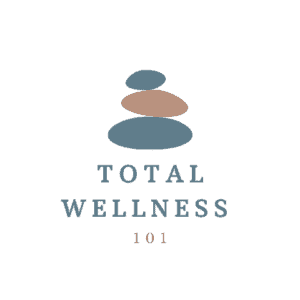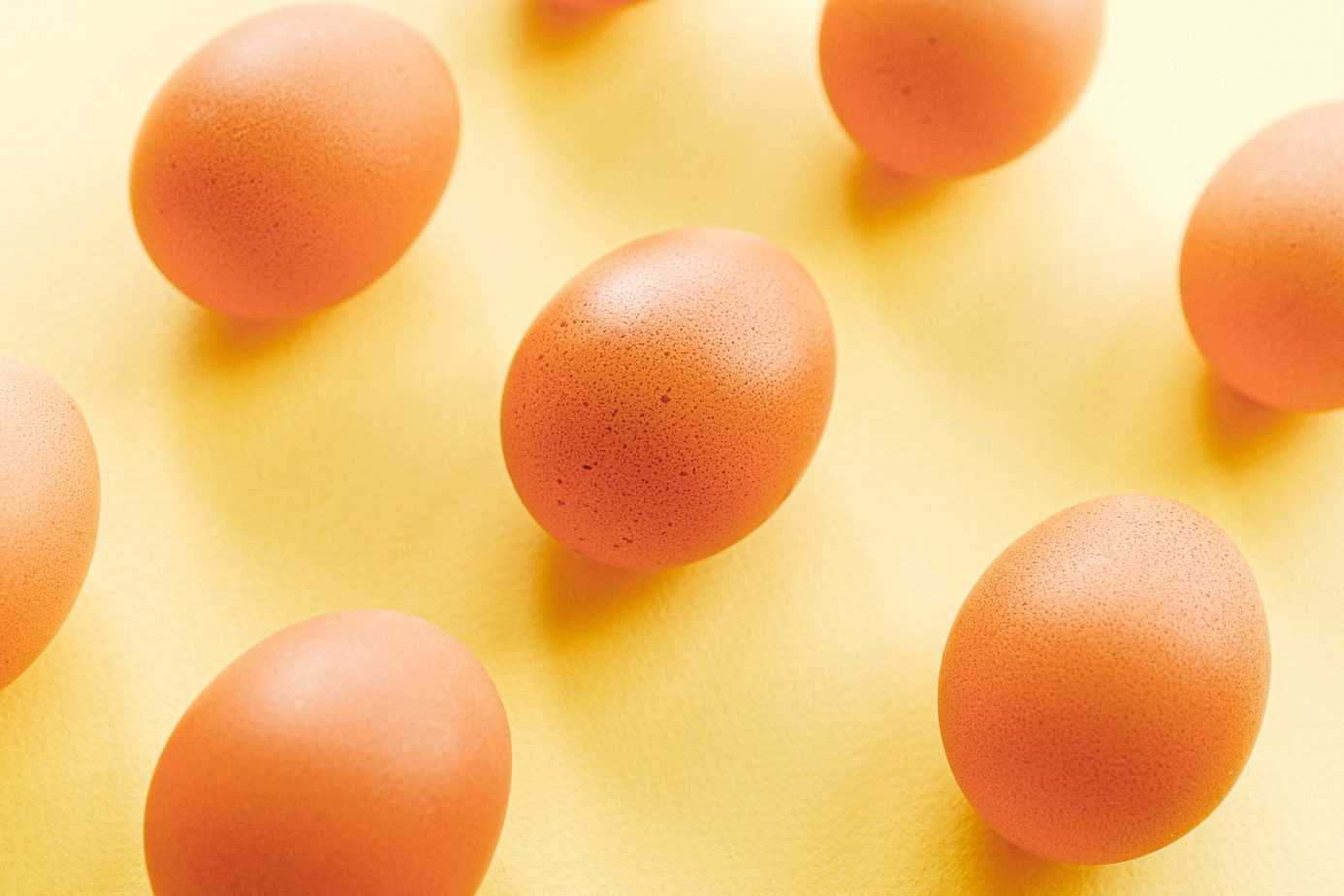Are eggs bad for you? Eggs have gotten a bad rap over the years, thanks mainly to misinformation and bad science. Many people have stopped eating them or feel guilty when they do. So there is controversy, but there is more to the picture.
Though eggs do contain high levels of cholesterol, studies have actually shown that they improve levels of HDL (good cholesterol) thus reducing the risk of heart disease caused by LDL (bad cholesterol) in the blood. Many past studies showing the contrary have been observational and could have been influenced by many other factors.
But let’s learn more about whether eggs are bad for you or if they are actually a super food everyone should be eating.
Why Do Eggs Have a Bad Reputation?
The main reason behind eggs’ bad reputation is their cholesterol content and the correlation between high cholesterol and heart disease. One egg contains about 185 mg of cholesterol. This represents a large percentage of your daily value of cholesterol hence the concern. There were also some older studies and large observational studies which have found some link between eggs and heart disease. However, any scientist knows that correlation does not necessarily mean causation. Some believe that this can be tied to the way eggs are fried in oil or eaten with fatty meats rather than the eggs themselves. So it could be the bacon and sausage commonly consumed with eggs, not the eggs for example. So there is a lot of speculation.
What Is Cholesterol and How Does It Work?
Cholesterol is a waxy substance that is produced in your liver and is carried through your bloodstream by lipoproteins. Cholesterol is necessary for your body to make hormones, vitamin D, and bile acids. You produce your own cholesterol as well as obtain it from foods. But you actually need cholesterol to be healthy! Cholesterol is carried through your bloodstream, to and from the liver, by lipoproteins. Lipoproteins are made up of a combination of protein and fat.
There are two types of lipoproteins: high-density lipoproteins (HDL), which is considered good, and low-density lipoproteins (LDL), which is considered bad. Your body needs cholesterol to function, but that doesn’t mean you should eat as much cholesterol as possible. Most people should eat less than 300mg of cholesterol per day. This is because while you need cholesterol to be healthy, high levels of LDL cholesterol can lead to heart disease. This is the type of cholesterol that clogs your arteries and is associated more with foods high in saturated and trans fats. HDL actually works to reduce your levels of LDL and high amounts of it is beneficial.
What Does the Science Say About Eating Eggs?
Though the cholesterol content in eggs is considered high, they can actually help improve cardiovascular health. One study showed that eating 6-12 eggs per week was associated with higher levels of HDL (good cholesterol) and lower levels of LDL (bad cholesterol). So the cholesterol in eggs is not the same as the cholesterol in our blood that contributes to heart disease. The cholesterol in eggs is the good kind.
The University of Connecticut published a cross-sectional study in 2019 which showed no relationship between whole egg consumption and cardiovascular disease. And a study on the Chinese population showed actual improvement in cardiovascular health and less risk of cardiovascular disease from one egg a day.
So clearly there are some contradictions in the studies which is why there is so much confusion. However, this is normal in science. You can almost always find one study that affirms what your beliefs are. But, you must always observe the types of studies and how many studies support one view or the other. And the general consensus with eggs is that they are in fact good for you, in moderation of course. Any healthy food taken to the extreme can quickly become unhealthy. So you also shouldn’t consume 5 eggs per day for example. But having eggs on occasion shouldn’t do you any harm.
Eggs also contain many nutrients, which makes sense since it contains all that is necessary to create the life of a chick. They are a great complete protein source and are cheap as well which makes them a very accessible, nutritious food.
Conclusion
It’s good to question things, but it’s better to understand the science behind it all. And it is always important to understand the general scientific consensus behind controversial topics. Clearly, there is still work to be done since there are studies out there that show a risk for cardiovascular disease still. If you’d like to err on the side of caution, you could always consume the egg whites, which contain most of the protein but eliminate the cholesterol which is found in the yolk.
Though there is controversy, I feel that you are always safer consuming something that has been regularly eaten for a long time and comes from natural sources. And eggs certainly meet that criteria. So are eggs bad for you? Most likely no, but you can decide what is best for you.
Recent Posts
In the pursuit of professional success, the modern working professional often finds solace in a cup of coffee or energy drink. Caffeine, the world's most widely consumed psychoactive substance, has...
Strategies for Sales Professionals to Reduce Back Pain and Injuries
In the fast-paced world of sales, professionals often find themselves navigating through long hours, client meetings, and constant travel. Amidst the pursuit of closing deals and meeting targets, the...

